Benefits that go well beyond the structure
Quality risk management surveyors look beyond the foundations, wall ties, and tolerances, taking on a broader commitment to best practices on your sites.
They take into consideration site tidiness, organisation, and even the quality of communication on a site. All quality measures that a housing provider would expect to see from a quality contractor.
In addition, such warranty providers make it as simple as possible to stay on top of inspection findings and actions needed, providing updates on a plot-by-plot, site-by-site basis with the help of a digital customer portal to log and monitor progress.
Support systems like this are vital to ensure programme schedules are met, and happy residents can start their new lives in new homes.
The support does not end with completion, though – quality warranty providers support residents after they settle in. Making residents aware of their rights (and responsibilities!) under a policy. Advice on running in the home, making a claim if necessary, and how to differentiate defects and snags should all be communicated as standard.
In addition, the builder and resident should enjoy the comfort of a dispute resolution service that will go as far as offering alternative accommodation for residents.
These benefits, and more, are why it is so important for housing associations and local authorities to seek out and appoint a reputable warranty provider.
Picking a quality provider
When you’re looking for your next warranty, run through this checklist to determine whether you're looking at a quality provider –
1. The size of the organisation. Do their inspectors and risk management surveyors have local knowledge to back-up their technical expertise? Having local or regional representation can also make them more responsive when you have needs and questions about your project.
2. How long have they been trading. Structural insurance is a niche sector, making it more exposed to market volatility. A more established provider will have built relationships and processes to withstand sudden changes in the market.
3. The rating of their insurer. A-rated insurers give you the greatest peace of mind. Larger providers will have a panel of insurers.
4. Technical support. Beyond just an understanding of the technical issues you encounter on site, do they seek to set, and raise, wider industry standards in construction?
5. What are they offering? Look for insurance policies that meet the specific needs of your developments, as well as “extras” like cover for contaminated land, debris removal, and alternative accommodation.
6. At what stage they become involved in a project. Warranty providers that get involved as early as the design stage, give you a greater insight into potential risks for structural defects and building safety issues long before work starts. This lets you build with confidence and consistency.
Call LABC Warranty today
or more information about what LABC Warranty can bring to your next site, get in touch. We would love to hear about your next development.


Have your say